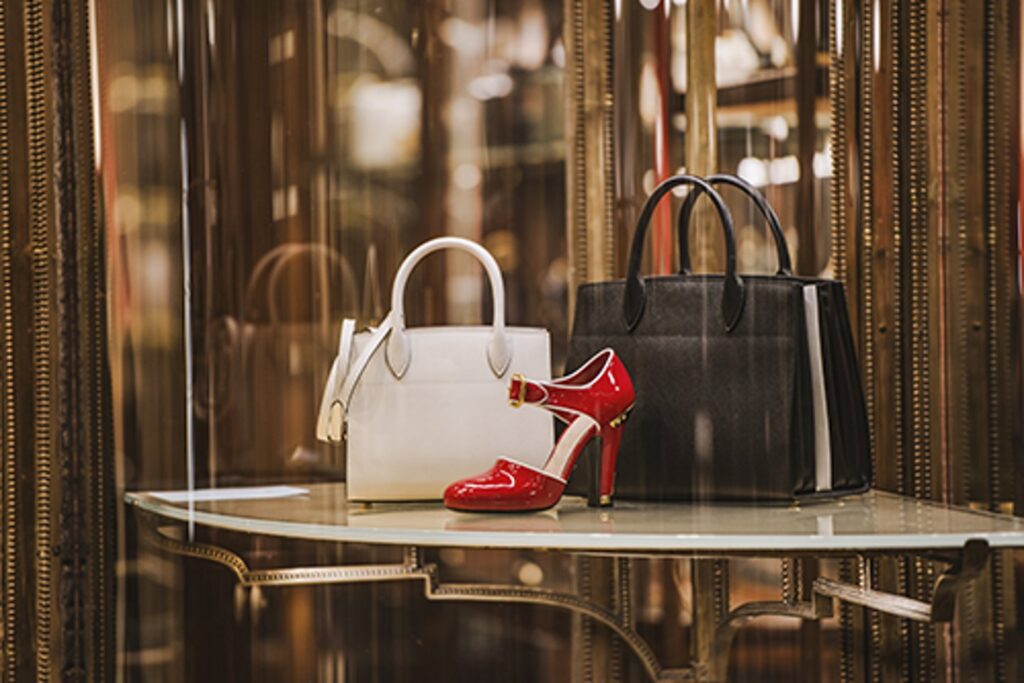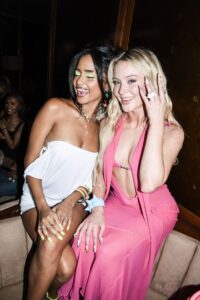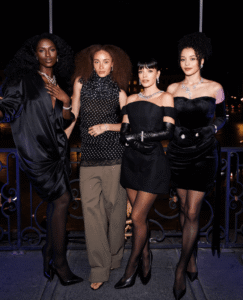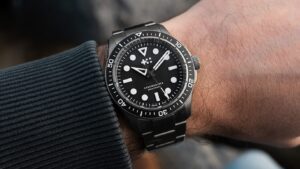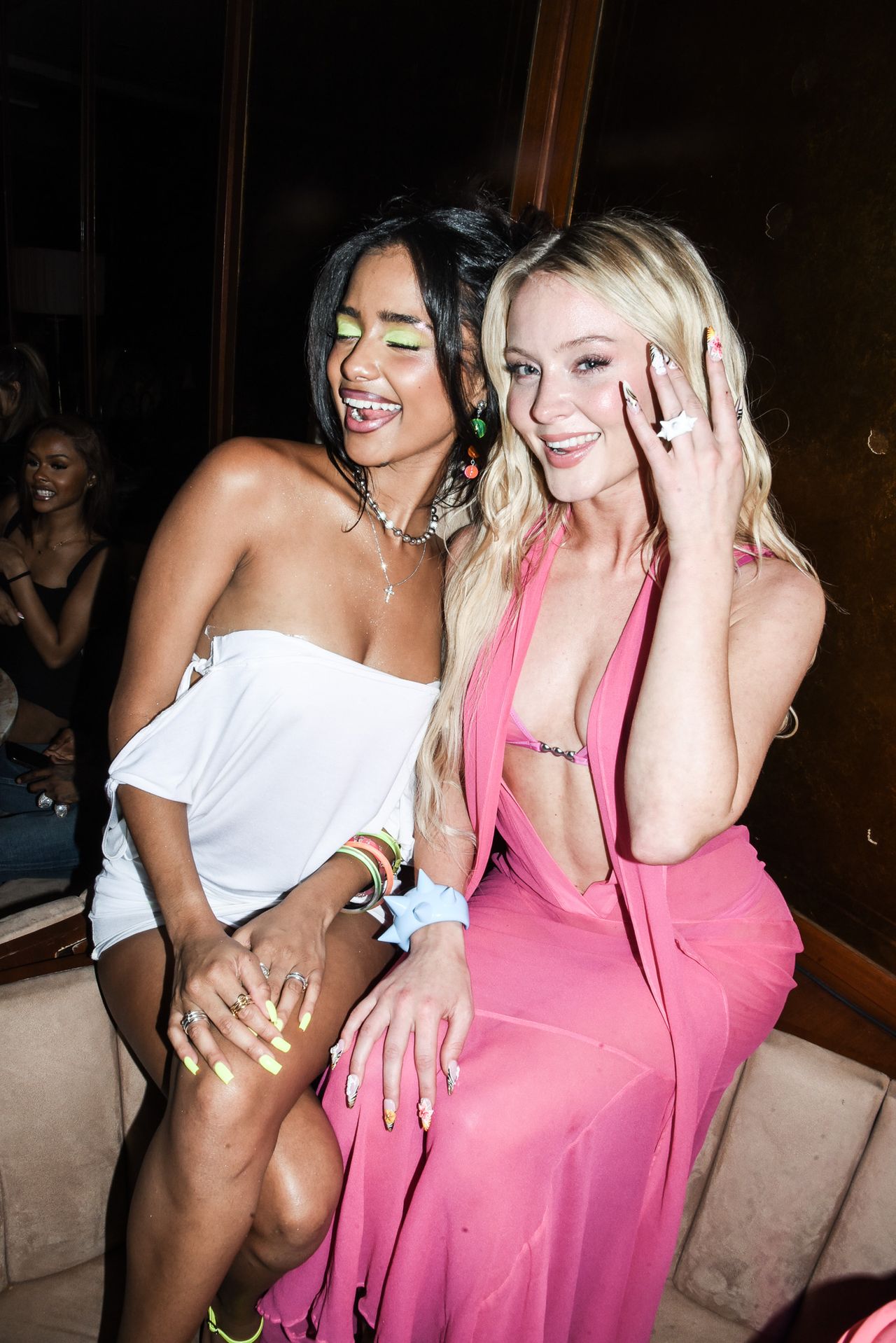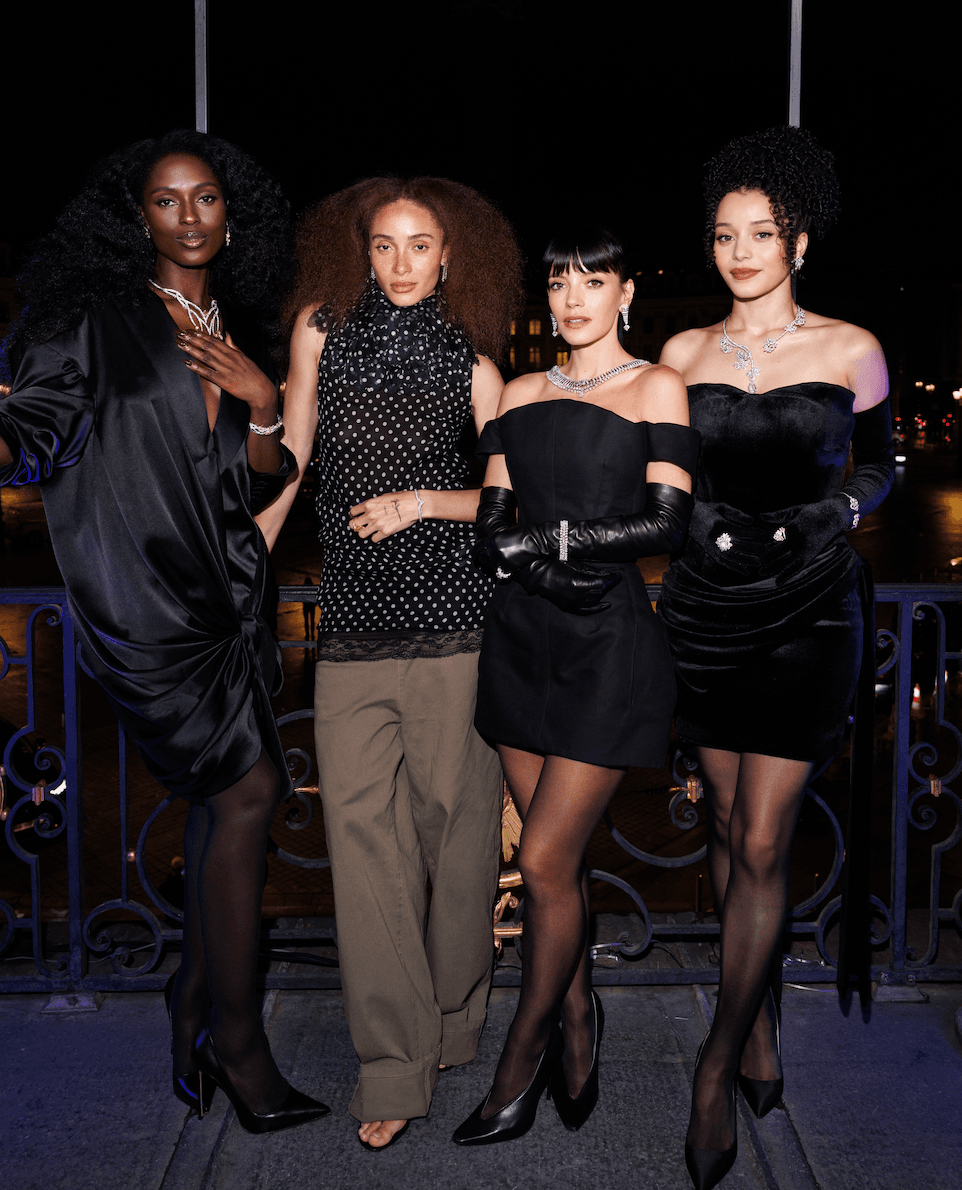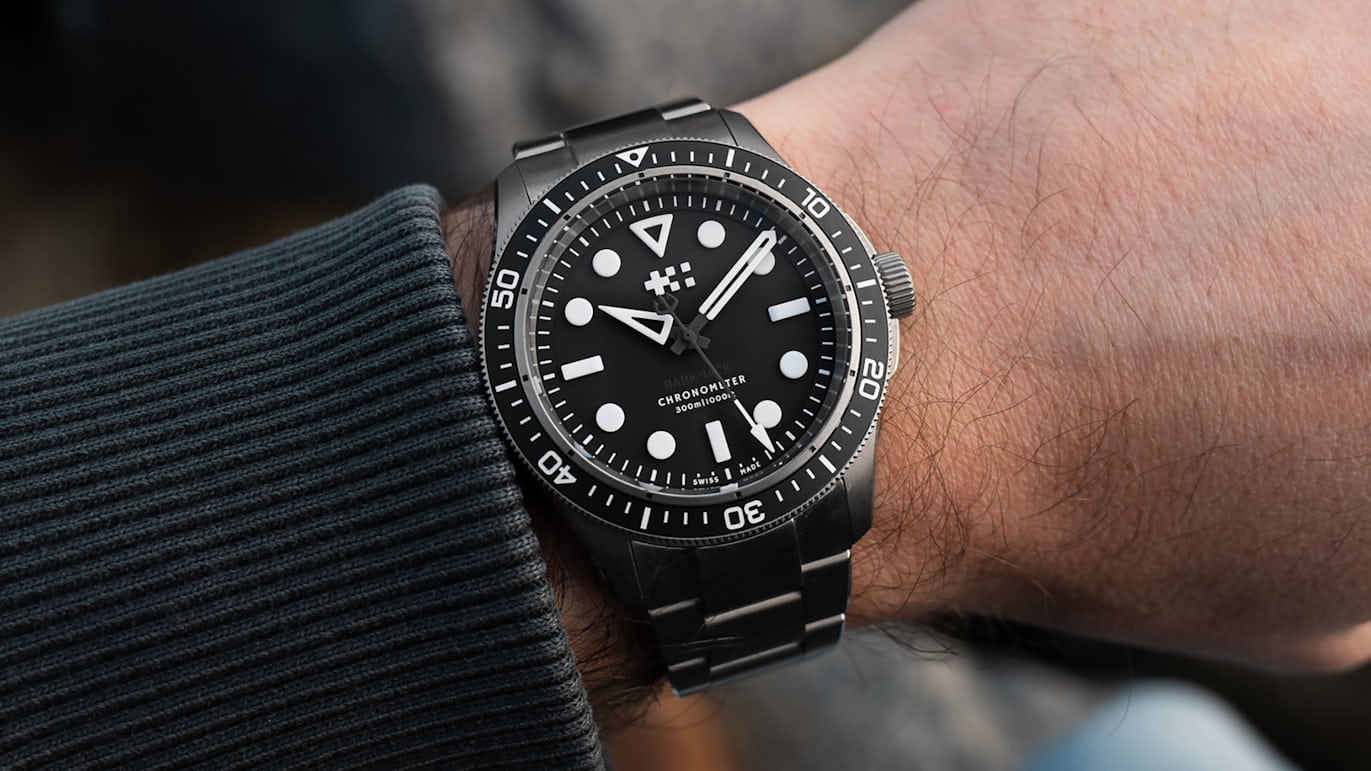Base Beauty Creative Agency and Mintel, a global market research firm, have released “Chasing Rich,” a report that delves into how Millennials and Gen Z navigate their purchasing decisions, reflecting not only their personal tastes but the values and lifestyles they aspire to. The findings highlight a fascinating interplay between aspiration, financial decision-making, and social influence—sometimes at significant personal cost.
For genuinely wealthy consumers, luxury isn’t just an aspiration—it’s a reality. With social media granting access to these exclusive lifestyles, celebrities like Gwyneth Paltrow have successfully tapped into this space, expanding their brands into consumer packaged goods (CPG) and partnerships with companies like Ruggable and CB2.
• 65% of U.S. consumers believe luxury products and services make a strong impression on others.
• 64% of Gen Z and 67% of Millennials turn to dupes as budget-friendly alternatives.
• 1 in 3 beauty shoppers report purchasing makeup dupes after discovering them on social media.
Social media has democratized access to luxury, inspiring both admiration and imitation, particularly among younger demographics seeking affordability while mirroring opulence.
For many Millennials and Gen Z, projecting wealth or experiencing luxury often comes at a high cost—sometimes leading to debt. This behavior aligns with trends like “girl math,” where small indulgences or debt are rationalized as part of a larger lifestyle goal.
• 35% of Millennials admit going into debt for experiences, while 22% do so for unexpected purchases.
• 33% of consumers regret overspending on beauty products, with regret particularly high among Gen Z (52%) and Millennials (40%).
This willingness to prioritize luxury experiences, even at financial risk, reflects the desire for immediate gratification and the pressure to maintain a social image in the age of Instagram and TikTok.
Amidst the spending trends, a new wave of Zillennials (those straddling Millennials and Gen Z) are shifting focus toward financial literacy and sustainable wealth-building. Influencers like Mrs. Dow Jones are driving this movement by blending relatable financial advice with aspirational content.
• 42% of consumers actively seek affordable alternatives to high-end products.
• Social media and influencer culture shape purchasing behaviors, prioritizing authenticity and relatability over traditional advertising.
• 59% of Millennials are more likely to purchase products endorsed by content creators they follow.
• 48% of Gen Z shoppers have made purchases based on influencer recommendations.
The report highlights how digital communities and influencers are reshaping the traditional notions of wealth and consumption. Rather than just promoting products, influencers inspire lifestyle aspirations that combine financial sensibility with a hint of luxury.
• 59% of individuals aged 29-43 feel their financial status is best expressed through their lifestyle choices.
• Influencer culture has redefined luxury, blurring the lines between aspiration and accessibility.
The “Chasing Rich” report captures a generation navigating the crossroads of luxury and authenticity, balancing aspirations of wealth with the realities of personal finance. Whether through dupes, strategic debt, or long-term planning, Millennials and Gen Z are actively redefining what it means to “live rich” in today’s interconnected, image-driven world.
For brands, the implications are clear: to resonate with these audiences, authenticity, relatability, and affordability are just as important as exclusivity.

